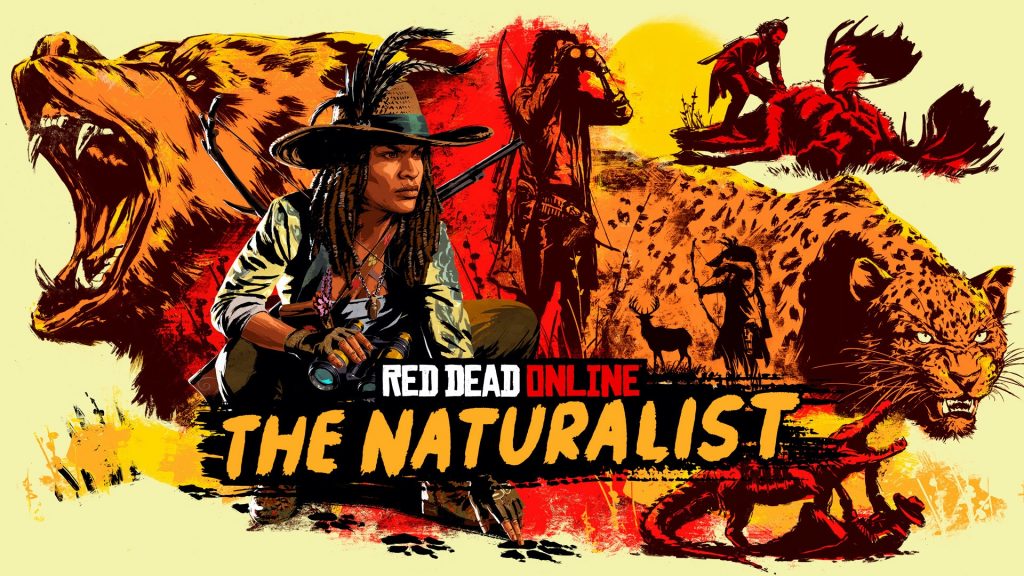Video games are most often thought of as a source of entertainment, and are often scrutinised for unrealistic, fictionalised portrayals of history, culture, and technology. However, in recent years, as video gaming becomes more ubiquitous, accessible, and diverse in its methods, it becomes crucial for us as students of digital humanities and as the average video game enjoyer to not only understand, but also critique how we play video games. As the nature and medium of video games evolve and adapt, so too does our own awareness and role in becoming more than just a consumer.
As per the digital literacy/fluency dichotomy introduced by Champion et al. (2015), one needs to understand the game designer’s own digital fluency of how they are able to portray their expertise in a medium that is also, able to be literate and understood by the user/player. There is also the issue of when we learn more about history and culture through video games, we need to also gauge whether in that design process and understanding, we are looking at an accurate representation of history or merely a simulated and alternate form that may not teach us anything at all or make use of lessons that have any implications apart from entertainment and enjoyment. Since games are discursive and performative, we form and answer questions about characters and understand actual historical figures through games.
For example, on the depictions of mythology within the games God of War, Hades, and Okami, all of which are critically acclaimed games for entertainment, the argument is that outside of providing a basic outline of characters and plots, they lack the pedagogical design in advancing an understanding about mythology beyond curiosity and a push to learn more. Contrarily, some games are able to reconcile the rift between pedagogy and entertainment, such as Red Dead Redemption and Pokémon Go, on the topic of ecological issues such as conservation.

Crowley et al. (2021) has shown that the “realistic” wildlife ecology in Red Dead Redemption 2 was designed in such a way that players who played as the Naturalist class (whose core gameplay quest revolves around either hunting or conserving the ecosystem) within the game found that they were more aware of their ecological impact not just within the game, but also in real life. Contrarily, Pergams and Zaradic (2006) have previously argued that this may not be effective; the growing downward trend of national park attendance with the correlation of increasing electronic media usage has been a cause for concern. However, due to the ever-growing adaptation and evolution of the video game medium, the work shown by Crowley et al. prove that with time, and ecologically conscious game design philosophies, games can have an impact on mobilising individuals, even inadvertently in the case of Pokemon Go.
Dorward et al. (2017) recognise that although apps such as Pokémon Go have incentivised outdoor activity and movement and forced an understanding of species habitat preferences, there is a fundamental disconnect in the game design philosophy of Pokémon Go, between the conservation of real life animal species, and capturing and battling of Pokémon obtained. It is not to say that Pokémon as a series concept is fundamentally flawed; it draws on the creator’s own childhood experiences of catching and recording various insect species, a crucial activity for entomologists and conservationists alike. As Balmford et al. (2002) have posited, children are able and aware of recognising different species, but have better results in differentiating Pokémon (the First Generation, 151).
Although gameplay wise, Red Dead Redemption and Pokemon Go offer two varying experiences, they both have addressed some semblance of learning more about ecological issues through their medium. The main conclusion from this is to gauge whether gamifying ecological concepts lessens their impact, and to figure out a way that can reconcile the disconnect between a game’s design that is entertainment and for pedagogy. Can we learn anything from any of these video game mediums and processes?
Further Readings and References
- Crowley, E. J., Silk, M. J., & Crowley, S. L. (2021). The educational value of virtual ecologies in Red Dead Redemption 2. People and Nature, 3, 1229–1243. https://doi.org/10.1002/pan3.10242
- Champion, Erik, Marilyn Deegan, Lorna M. Hughes, Yehuda Kalay, Professor Andrew Prescott, and Mr Harold Short. Critical Gaming: Interactive History and Virtual Heritage. Digital Research in the Arts and Humanities. Farnham: Taylor and Francis, 2015. https://library.anu.edu.au/record=b4897627
- Balmford, Andrew & Clegg, Lizzie & Coulson, Tim & Taylor, Jennie. (2002). Why Conservationists Should Heed Pokémon. Science (New York, N.Y.). 295. 2367. 10.1126/science.295.5564.2367b.
- Dorward, Leejiah & Mittermeier, John & Sandbrook, Chris & Spooner, Fiona. (2016). Pokémon Go: Benefits, Costs, and Lessons for the Conservation Movement. Conservation Letters. 10. 10.1111/conl.12326.
- Oliver R.W. Pergams; Patricia A. Zaradic (2006). Is love of nature in the US becoming love of electronic media? 16-year downtrend in national park visits explained by watching movies, playing video games, internet use, and oil prices. , 80(4), 387–393. doi:10.1016/j.jenvman.2006.02.001
- The Naturalist, Video Thumbnail of the Naturalist obtained from: https://www.rockstargames.com/newswire/article/89k8a554551o78/Red-Dead-Online-The-Naturalist-Now-Available, Rockstar Games (2020)

